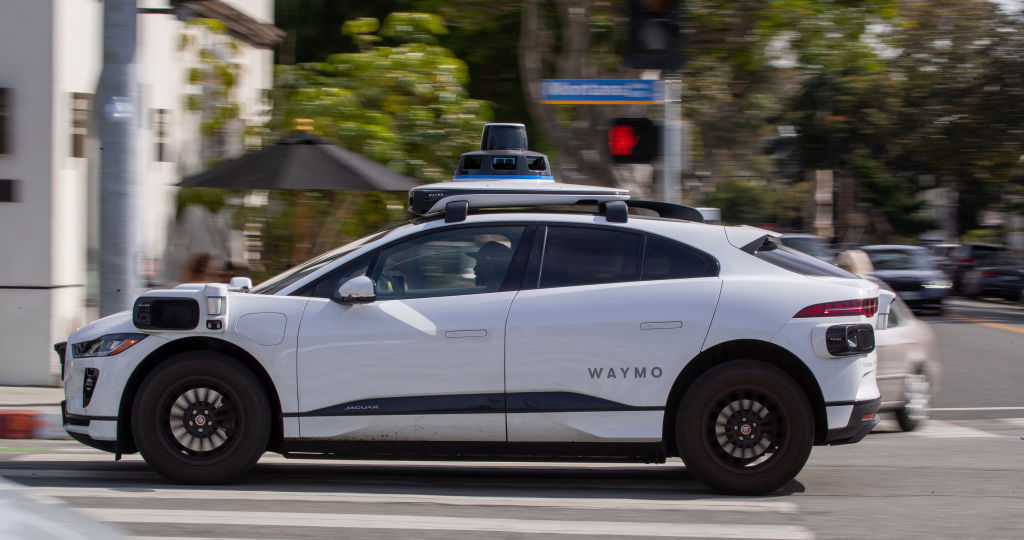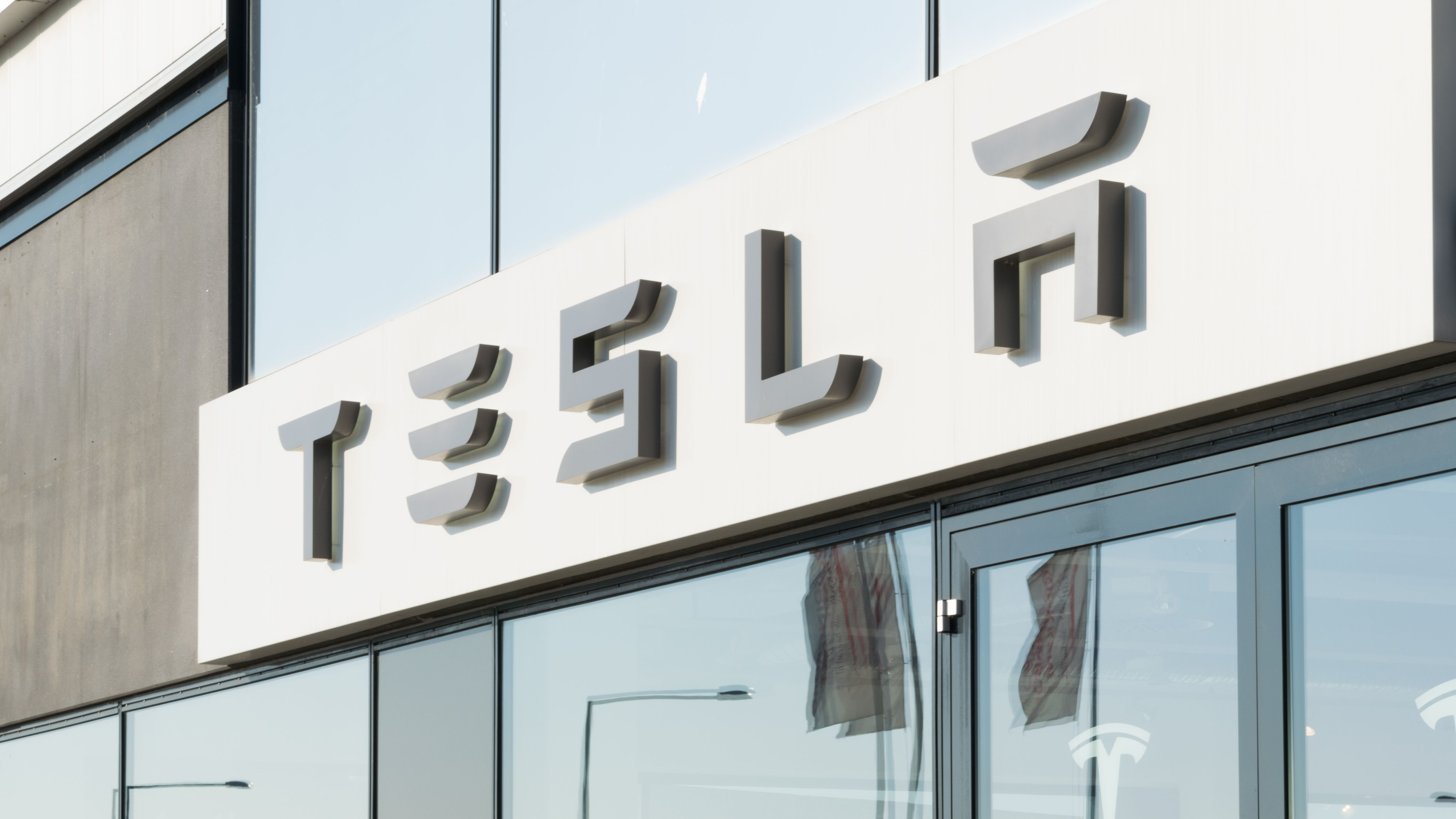People who have long waited for the iPhone to turn up on the Verizon Wireless network may be dismayed to know that it almost happened a few years back. In fact, according to a Wired Magazine exposé, Apple considered ditching AT&T "at least half a dozen times."
The piece goes far to detail the rocky relationship between AT&T, the lumbering telecom, and Apple, the ornery innovator, as both discovered the downsides to the iPhone's unprecedented success. When it came to public opinion, it seems, AT&T could not escape the role of bad guy, while it has been hard for any controversy to tarnish the shiny Apple brand.
Shortly after the iPhone launched in 2007, AT&T began asking Apple to limit the use of the YouTube application to Wi-Fi, thereby taking a taxing source of unlimited streaming video off of the AT&T network. Apple refused on the grounds that it would not gimp its own device to ease the burden on the network. Soon, negotiations like this one began to strain the relationship. That fall, Apple CEO Steve Jobs apparently asked a team to investigate a jump to Verizon.
The report says that the investigators "took the job seriously," but porting the iPhone would have required "rebuild(ing) the iPhone from scratch." And even if they could pull that off, there would be a legal battle to fight over the conditions of AT&T's exclusivity agreement. Besides, there's no telling what would've happened to Verizon's network if it had suddenly been inundated with iPhones.
Though Apple never did leave AT&T, plenty of other issues irked the phonemaker into considering a split. On the subject of tethering, for instance, where customers wirelessly link their phones to their laptops, Apple wanted it to be part of the flat-rate $30-per-month plan, while AT&T of course wanted to charge for it. (AT&T won: It's now a $20 surcharge on top of a capped data plan.)
AT&T would never have ditched its golden goose, but its problems with Apple extended beyond just data plan arguments. The Wired report suggests that early on, Apple software inside the iPhone was potentially to blame for dropped calls, and Apple's chosen radio provider was essentially unproven in America's cellular networks, and may have also contributed to poor call quality.
As customers and critics savaged AT&T and heaped praise on Apple, both companies were making lots of money. Apple makes $13 billion in annual revenue, and has doubled profits since iPhone launch. AT&T wireless division revenue is up 43 percent since early 2007; meanwhile, Wired reports, AT&T's profits are up 200 percent while its number of subscribers has grown 40 percent.
Tech
The trouble was, AT&T needed to spend a lot of its earnings to keep customers from revolting. According to Wired, AT&T has spent nearly $37 billion on network equipment and capacity since mid-2007, and will spend $13.5 billion on them this year.
Meanwhile, scorn continues to be cast on AT&T, and millions still pray regularly for a Verizon-flavored iPhone, even though it might simply be a migration of the same problems to a new carrier.



